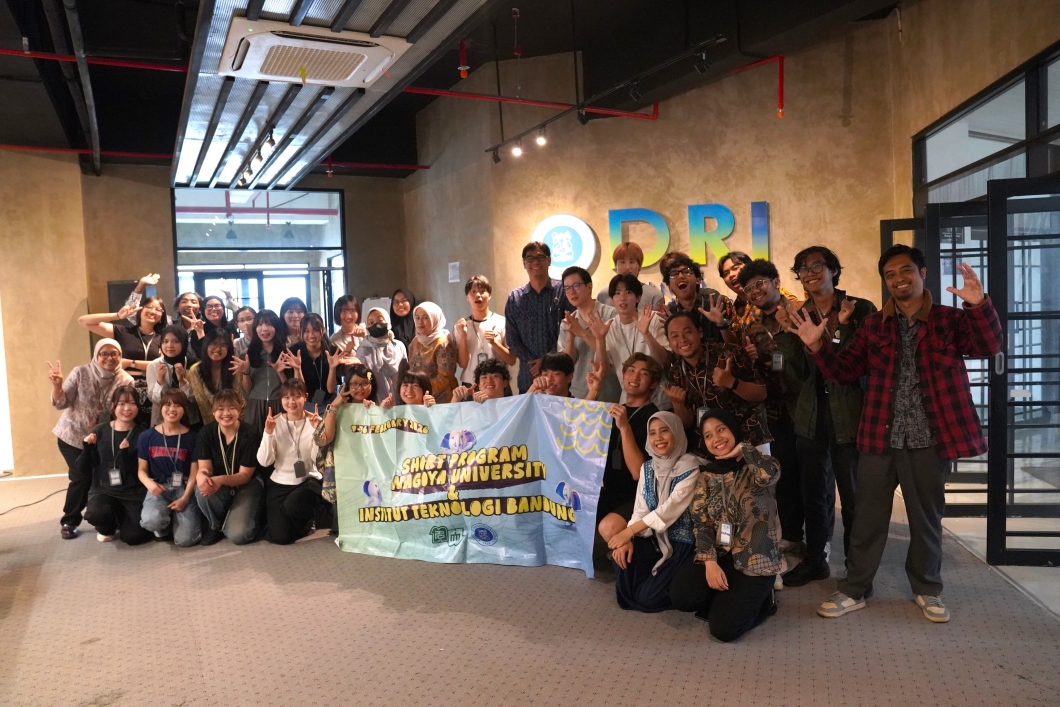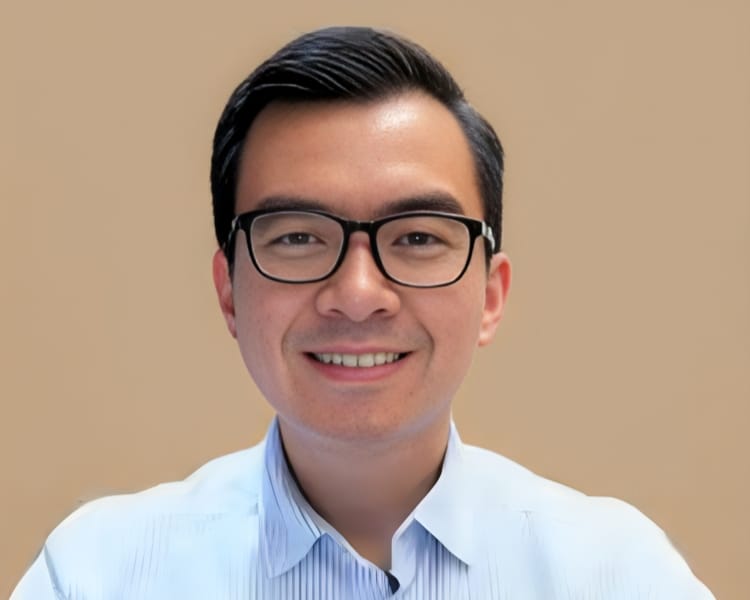ITB Team's Biogas Energy Solution Wins the FUTUREST Renewable Energy Innovation Project
By Adi Permana
Editor Adi Permana

BANDUNG, itb.ac.id- At FUTUREST (Future Energy Summit) organized by SRE (Society of Renewable Energy) of ITS (Institut Teknologi Sepuluh Nopember ), three ITB Chemical Engineering students- Agnes Silvia Lee (13021054), Phinehas Timothy (13020024), and Steve Calvin (13020024)- won first place at the Renewable Energy Innovation Project competition.
Under the group “Duckbills”, they created an innovation of producing biogas from cow waste and duckweed (a type of water weed) for the livestock industry. Aside from generating electrical energy from biogas, duckweed is used as a wastewater treatment method on farms. The scope of this innovation is farms in West Java, as an effort to increase the use of off-grid electricity in small and medium industries.
During an interview with Steve and Timothy (17/4/2023), they explained that the competition was held online and consisted of three stages: the preliminary, semifinals, and final.
At the preliminary stage, participants submitted their abstracts describing the background, benefits, and prospects of their innovations. The 48 teams that passed this stage moved on to the semifinals, where they completed their proposals about the project’s process, optimization, construction, budget, collaboration, and maintenance.
The final stage had 10 teams present their innovations to the judges and uploaded a video of their project on FUTUREST’s Instagram account to determine the favorite winner based on the highest number of likes and comments. The results were then announced on Saturday (1/4/2023) online, with the Duckbills winning first place.
Steve admitted that the biggest challenge they faced in the competition was finding the balance between time and energy for academic, non-academic, and competition matters. Given that the academic workload in their major is quite heavy, setting aside time for the competition requires more sacrifice and determination.
On the other hand, Timothy finds it challenging to study topics that are very diverse to compile the final project. However, he is grateful that he joined various organizations and committees to deal with such issues. "In organizations, the problems you face are very real, and you have the responsibility to solve them. Meanwhile, the cases presented in competitions are simulations that can be limited. Because of this, compiling projects here is easier.”
Both students advised others who wanted to take part in competitions to include a wider scope of scientific expertises in their team- different perspectives and abilities in different study fields when dealing with case studies. Moreover, focus and effort are keys to good participation.
"Go for the extra mile. Do not be afraid to go overkill and do extra work,” Timothy said. “If you ever feel that your work is enough, take another step. Your mindset should be: 'It's still not enough, what can still be added?'. In the end, always give more effort so that you end up having the best result."
Reporter: Luisa Carmel (Chemical Engineering, 2021)
Translator: Ruth Nathania (Environmental Engineering, 2019)



.jpg)
.jpg)


